Join this virtual presentation to learn the most innovative procedures available for treating heart disease.
Presented by: juan grau, MD, director, cardiothoracic surgery.
Join this virtual presentation to learn the most innovative procedures available for treating heart disease.
Presented by: juan grau, MD, director, cardiothoracic surgery.

The API-AI nexus isn’t just for tech enthusiasts; its influence has widespread real-world implications. Consider the healthcare sector, where APIs can allow diagnostic AI algorithms to access patient medical records while adhering to privacy regulations. In the financial sector, advanced APIs can connect risk-assessment AIs to real-time market data. In education, APIs can provide the data backbone for AI algorithms designed to create personalized, adaptive learning paths.
However, this fusion of AI and APIs also raises critical questions about data privacy, ethical use and governance. As we continue to knit together more aspects of our digital world, these concerns will need to be addressed to foster a harmonious and responsible AI-API ecosystem.
We stand at the crossroads of a monumental technological paradigm shift. As AI continues to advance, APIs are evolving in parallel to unlock and amplify this potential. If you’re in the realm of digital products, the message is clear: The future is not just automated; it’s API-fied. Whether you’re a developer, a business leader or an end user, this new age promises unprecedented levels of interaction, personalization and efficiency—but it’s upon us to navigate it responsibly.
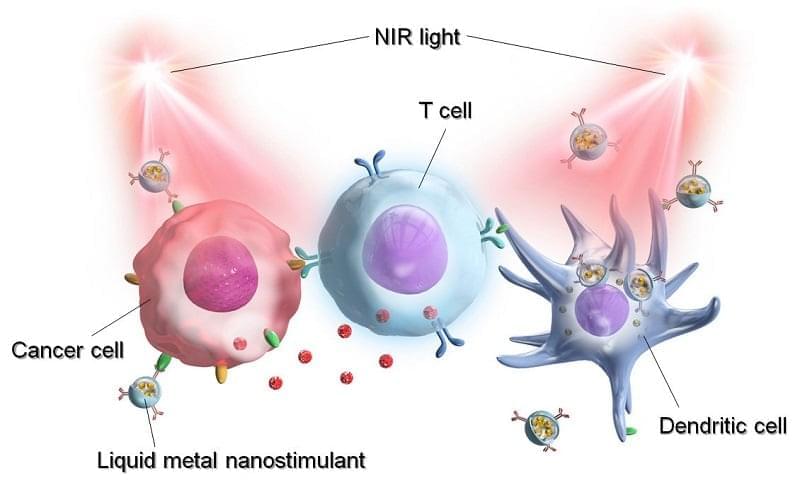
More noninvasive cancer treatments are being made:
A research group from Japan Advanced Institute of Science and Technology (JAIST) developed light-activatable, liquid metal (LM) nanoparticles for cancer diagnosis and treatment via photoimmunotherapy. The LM nanoparticles can target and destroy cancer cells and can be fluorescently tagged to function as reporters to identify and eliminate tumors in vivo.
Gallium (Ga)-based LM nanoparticles are promising nanoscale materials for biomedical applications due to their physicochemical properties, including flexibility, easy surface modification, efficient photothermal conversion, and high biocompatibility.
Scientists discover a biomarker in stroke survivors, suggesting that chemical changes after stroke can lead to depression. The findings may pave the way toward treatment.
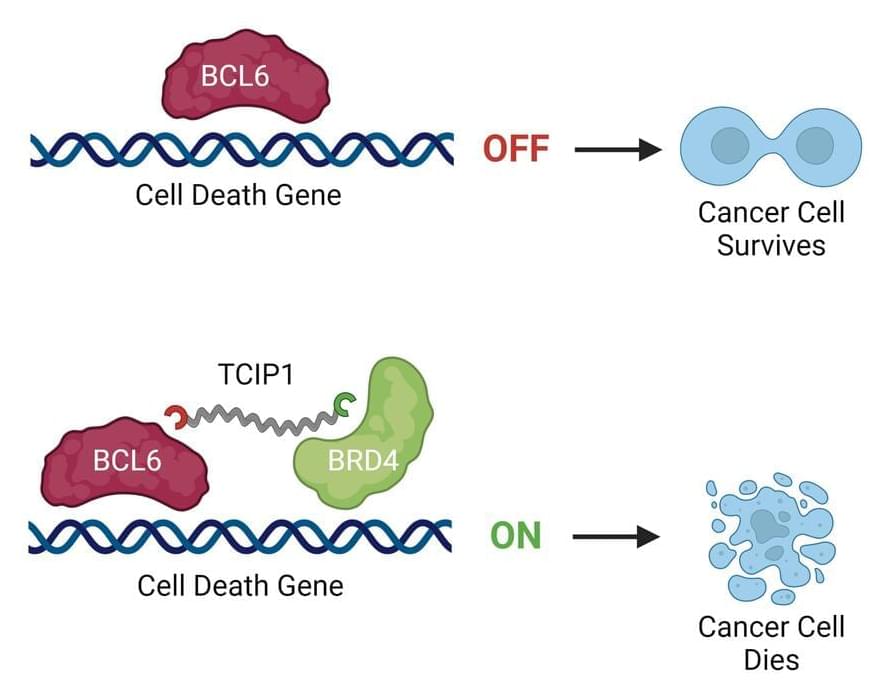
Researchers have designed a molecule that kills blood cancer cells by tricking them into self-destructing, according to results of a new study. Experts say the molecule represents a new class of compounds that could have broad potential as cancer treatments.
Like a cyanide pill hidden in the teeth of a James Bond villain, human cells have a quick means of self-destruction if necessary. This natural safeguard is a way for the body to rid itself of old, damaged, or infected cells—including cancer cells.
But in many types of cancer, those means of self-destruction are subverted or blocked off. In some diffuse large B-cell lymphoma (DLBCL) tumors, for example, genes that orchestrate cell death are shut off by a protein called BCL6.
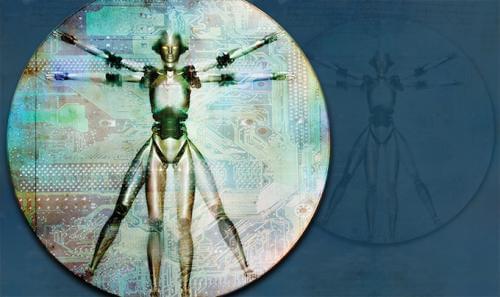
What do pacemakers, prosthetic limbs, Iron Man and flu vaccines all have in common? They are examples of an old idea that’s been gaining in significance in the last several decades: transhumanism. The word denotes a set of ideas relating to the increasing integration of humans with their technologies. At the heart of the transhuman conversation, however, lies the oldest question of all: What does it mean to be human?
When talking about transhumanism, it’s easy to get lost because the definition is imprecise. “Transhumanism” can refer to the Transhumanist (with a capital T) movement, which actively pursues a technologically enhanced future, or an amorphous body of ideas and technologies that are closing the bio-techno gap, such as a robotic exoskeleton that enhances the natural strength of the wearer.
At Arizona State University, a diverse set of researchers has been critically examining transhumanism since 2004.
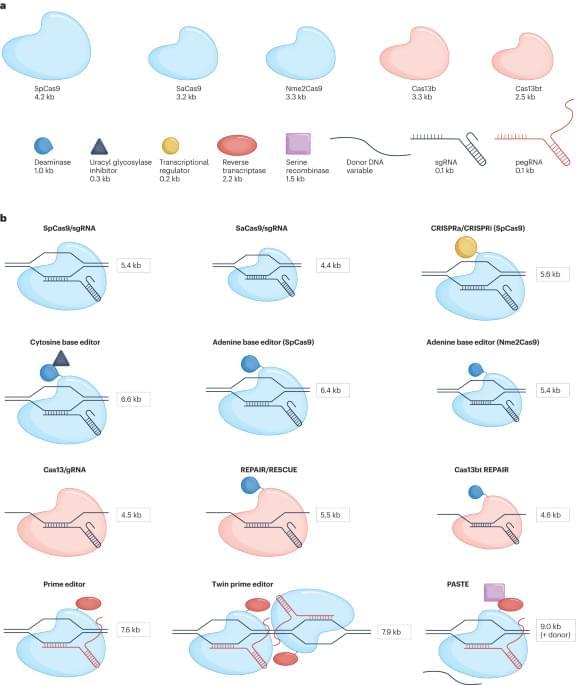
CRISPR-based genome editing has the potential to treat many human genetic diseases, but achieving stable, efficient and safe in vivo delivery remains a challenge. This Review assesses current delivery systems for genome editors—focusing on adeno-associated viruses and lipid nanoparticles—and highlights data from recent clinical trials. Emerging delivery systems and ongoing challenges in the field are discussed.
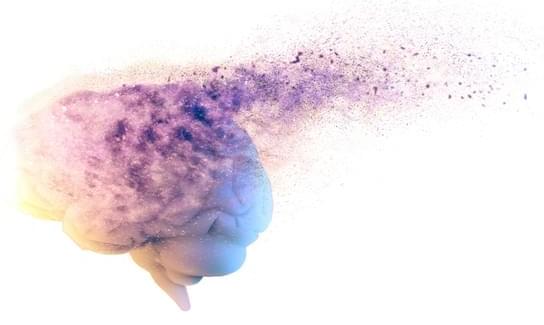
With the demise of Roche’s gantenerumab in November 2022, the Alzheimer’s disease space became a two-horse race between Eisai and Biogen’s Leqembi (lecanemab) and Eli Lilly’s donanemab. One, Leqembi, received full FDA approval in July; the other, donanemab, is widely expected to secure the agency’s approval before the end of 2023.
With a potential combined market value of $30 billion, BioSpace takes a deep dive into the Phase III data supporting Eisai and Biogen’s Leqembi and Eli Lilly’s investigational donanemab.
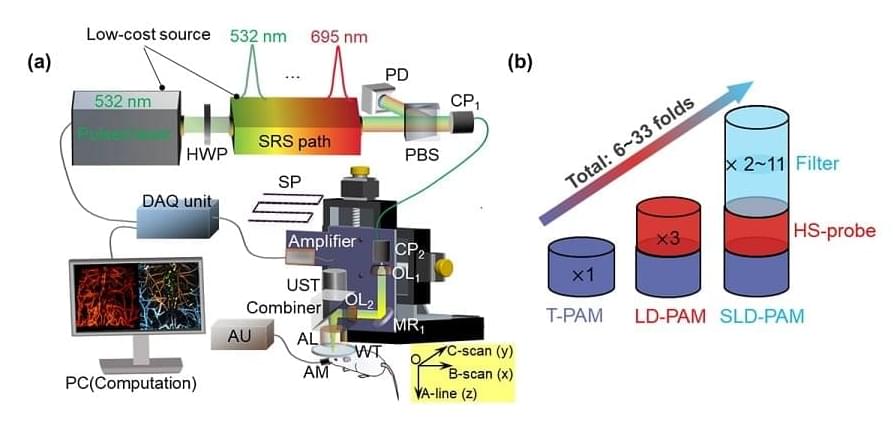
A multispectral, super-low-dose photoacoustic microscopy (SLD-PAM) system developed by City University of Hong Kong (CUHK) achieves significantly higher sensitivity than traditional optical resolution photoacoustic imaging.
By providing an exceptionally high level of sensitivity, SLD-PAM could help broaden the use of photoacoustic microscopy in biomedical applications. In the future, it could translate to clinical settings; for example, it could be used for ophthalmic exams where a low-power laser is preferred for the patient’s safety and comfort. Long-term monitoring of pharmacokinetics or blood flow also requires low-dose imaging to alleviate perturbation to tissue function.
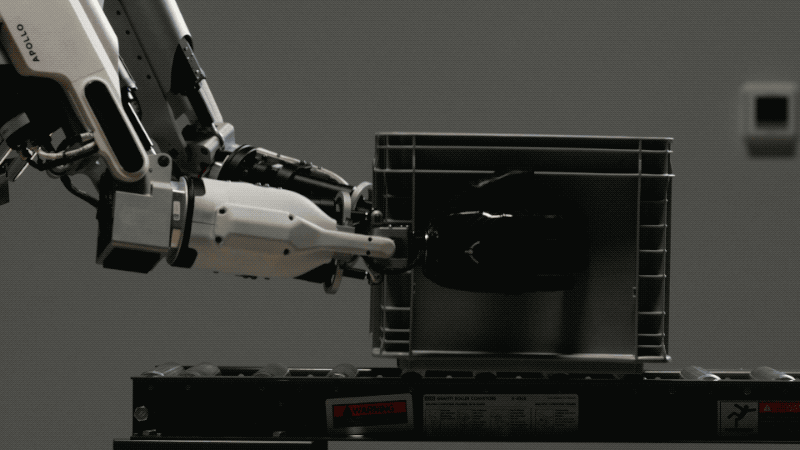
General-purpose automation could radically improve society by vastly accelerating construction, manufacturing, and R&D. Just as the scale and complexity of today’s cities would have been unimaginable 200 years ago, we may see a similar factor of value growth over the next 50 years. Quality of life may dramatically increase as well. I envision that billions could be lifted out of poverty and the average person may live like today’s wealthiest top 1%. Space colonization might be made feasible. Keep in mind these projections are highly speculative. Nonetheless, it is worth considering the remarkable possibilities! #automation #tech #robotics #futurism
The rise of humanoid robots didn’t happen overnight, but a kind of perfect storm has accelerated the phenomenon over the past year and change. The foundation, of course, is decades of research.
Toiling away in research facilities and R&D departments laid the ground work for a new generation of technology. The necessary software and components have come a long way, driven by innovations in industrial robotics, autonomous driving and even the smartphone industry.
And then a global pandemic happened. The events of the last few years have been important for two deeply interconnected reasons. First, investment in robotics has skyrocketed. Second, staffing continues to be an issue. You could say that these conditions have created a humanoid-shaped hole that a robot could walk right through.